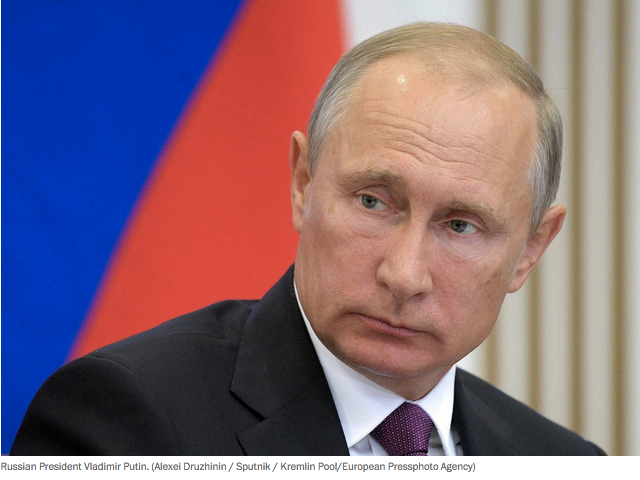On Feb. 3, soon after the World Health Organization declared the coronavirus to be a global health emergency, an obscure Twitter account in Moscow began retweeting an American blog. It said the pathogen was a germ weapon designed to incapacitate and kill. The headline called the evidence “irrefutable” even though top scientists had already debunked that claim and declared the novel virus to be natural.
As the pandemic has swept the globe, it has been accompanied by a dangerous surge of false information — an “infodemic,” according to the World Health Organization. Analysts say that President Vladimir V. Putin of Russia has played a principal role in the spread of false information as part of his wider effort to discredit the West and destroy his enemies from within.
The House, the Senate and the nation’s intelligence agencies have typically focused on election meddling in their examinations of Mr. Putin’s long campaign. But the repercussions are wider. An investigation by The New York Times — involving scores of interviews as well as a review of scholarly papers, news reports, and Russian documents, tweets and TV shows — found that Mr. Putin has spread misinformation on issues of personal health for more than a decade.




